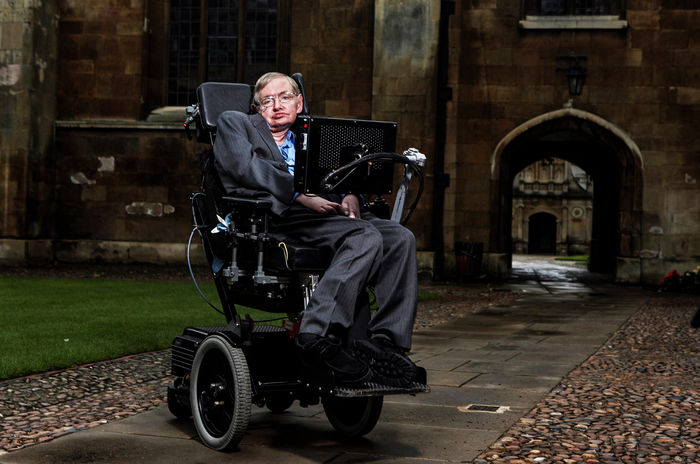Google Doodle honours Dr Wu Lien-teh, Cambridge graduate and surgical mask pioneer
Dr Wu Lien-teh matriculated at Emmanuel College in 1986 before going on to develop the precursor to the commonly-used N95 mask

Today’s Google Doodle (10/03) celebrates the 142nd birthday of Dr Wu Lien-teh, an epidemiologist, Cambridge graduate, Nobel prize nominee and the inventor of the surgical face mask which is broadly recognised as the precursor to the modern N95 mask.
Born in Penang, Malaysia to Chinese parents, Dr Wu was admitted to study Medicine at Emmanuel College at the age of 17, having been awarded the prestigious Queen’s Scholarship.
He matriculated in 1896 and was the first student of Chinese descent to graduate from Cambridge in Medicine. Dr Wu spent his undergraduate clinical years at St Mary’s Hospital in London, where he was also the first Chinese student.
After his graduation Wu continued his studies at the Liverpool School of Tropical Medicine, the Pasteur Institute, Halle University and the John Hopkins University before returning to Malaysia where he worked as the first research student for the Institute for Medical Research in Kuala Lumpur. Rules governing non-British doctors meant that he did not have the same opportunities as qualified British nationals, and so he set up his own private clinic in Penang.
Actively involved in the social issues of the time, Dr Wu founded the Anti-Opium Association in Penang and organised a nationwide anti-opium conference in 1906. He also advocated for improving women’s educational opportunities and the withdrawal of racist policies which denied Asians access to first-class carriages.
In 1907 Dr Wu accepted a new job as the assistant director of the Imperial Medical College in China. Soon after, in 1910, he was sent to Harbin in Northwestern China to help tackle an epidemic that had initially spread among the fur traders along the Siberian border. Now identified as the pneumonic plague, this epidemic took over 60,000 lives and the death rate for those who caught the disease was 99.9%.
Once he arrived in Harbin, by carrying out the first post-mortem ever performed in China, Dr Wu identified that the plague was being transmitted in an airborne manner directly between humans, and not by rats and their fleas as had previously been theorised.
In order to rapidly get this disease under control, Dr Wu implemented a number of key measures: he instructed that all plague victims be hospitalised and quarantined, introduced cremation for the bodies of victims and perhaps most importantly introduced the use of gauze and cotton masks. This was the first time face masks were used as part of epidemic containment.
Prior to this, there had been high mortality among medical professionals, with a death rate of 46% due to the lack of awareness around the dangers of droplet infection. Within four months of these measures being implemented, the plague epidemic was over.
The surgical mask which Dr Wu developed has been broadly recognised as the precursor to the N95 mask which has been widely used throughout the Covid-19 pandemic. During the current pandemic, Dr Wu’s work has been described as still “of critical importance to our understanding of airborne diseases”.
This achievement in Manchuria was only the start of Dr Wu’s illustrious medical and humanitarian career. In 1912 he founded the Manchurian Plague Prevention Service, and began modernizing China’s medical systems: around twenty of China’s hospitals, laboratories and research institutions were founded by Dr Wu. He also founded the Chinese Medical Association in 1915, which is the largest and oldest non-governmental medical organization in China and still plays a leading role in Chinese medicine. Dr Wu was the first director of the National Quarantine Service, set up in 1930.
Dr Wu has received much national and international attention for his work, becoming the first Malaysian to be nominated for the Nobel Prize for Medicine in 1935.
 Features / Should I stay or should I go? Cambridge students and alumni reflect on how their memories stay with them15 December 2025
Features / Should I stay or should I go? Cambridge students and alumni reflect on how their memories stay with them15 December 2025 News / Cambridge study finds students learn better with notes than AI13 December 2025
News / Cambridge study finds students learn better with notes than AI13 December 2025 News / Dons warn PM about Vet School closure16 December 2025
News / Dons warn PM about Vet School closure16 December 2025 News / News In Brief: Michaelmas marriages, monogamous mammals, and messaging manipulation15 December 2025
News / News In Brief: Michaelmas marriages, monogamous mammals, and messaging manipulation15 December 2025 Comment / The magic of an eight-week term15 December 2025
Comment / The magic of an eight-week term15 December 2025









